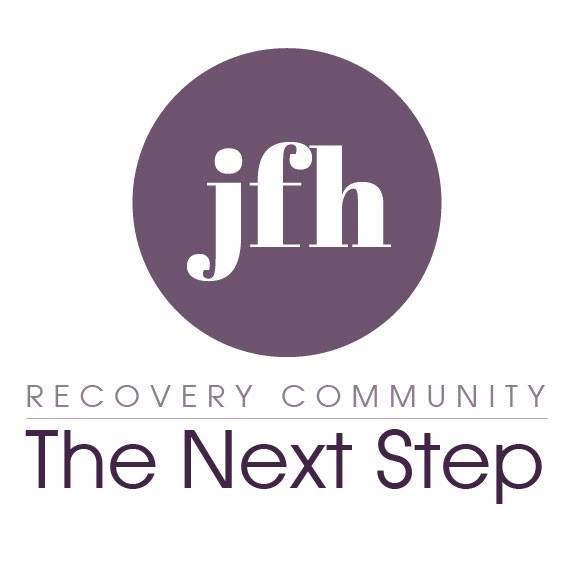A transitional program for individuals leaving treatment or the criminal justice system in the United Kingdom that focuses on employment, housing, and social support
Jobs, Friends, and Houses (JFH) is a social enterprise model in the United Kingdom that facilitates the transition from incarceration to reentry into society for those in recovery from substance use disorders (SUD), in addition to providing these same services to those leaving SUD treatment. This model recognizes that long-term outcomes are improved when individuals are able to access supportive recovery housing, gainful employment, and positive social networks.
The program provides a 16-week program for vocational training to increase the employability of the individual. Apprenticeships are also available that are pathways to meaningful employment.
Social networks are built among people in recovery through recreational activities, social events, and open and encouraged visitation from people in recovery and recovery allies external to the program.
As a social enterprise, many of the apprenticeships offered by JFH are linked to renovating poor housing. JFH purchases or partners with private home owners and landlords to provide renovations for safe, quality housing. This housing is then used as recovery housing for individuals in the program.
Additional services include mentor training, financial guidance, access to specialist services, group therapy, and referral to medical services. The social enterprise model is self-sustaining and does not provide direct treatment services.
A presentation with more information on the program can be found here and an academic summary of the program can be found here.
A social enterprise model may be able to meet many of the recovery needs that extend beyond substance use disorder treatment.









